Mozambique approves waiver of social security fines regime
Mozambique: Government to invest €24M in recycling plants
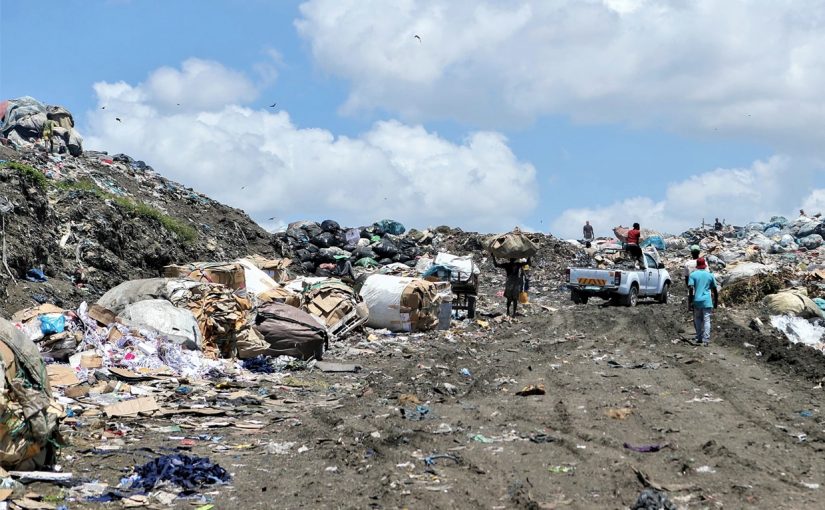
File potto: Lusa
Mozambique produces 4.2 million tonnes of waste annually, but only 1% is recycled through informal networks, a scenario that the government wants to reverse with a €24 million project, investing in three recycling infrastructures.
“In our country, rapid urbanisation, combined with increased economic activity, has led to a substantial growth in waste volumes,” acknowledged Mozambique’s secretary of state for the environment, Gustavo Dgedge, as he presented the second phase of the ValoRe programme in Maputo today, which will run until 2029.
“Today, we estimate that Mozambique generates at least 4.2 million tonnes of waste a year, with 98% to 99% of this waste deposited in uncontrolled dumps, while the remaining 1% to 2% is reused, recycled, through informal networks,” he said.
This waste reaches a record high in Maputo city, with around half a kilogram produced every day by each inhabitant of the capital, most of which is burnt in rubbish dumps, explained the national director for the environment, Guilhermina Amurane, at the same ceremony.
“With this programme, we want only what has no value to go to landfill (…). This programme will pay an amount per tonne of waste collected for recovery,” Amurane explained, ensuring that it will also “provide employment for those who currently live off rubbish”.
Mozambique’s government launched the ValoRe sustainable waste management programme in 2019 to increase the amount of urban waste reused, recycled, or treated in the country.
The new phase, which includes €18.4 million from the Mitigation Action Facility climate fund—financed by the United Kingdom, Germany, and the European Union—will create a “regulatory and financial environment” for investments in sustainable waste treatment and recycling infrastructure and value chains to promote recovery and reuse using public-private partnerships.
“The infrastructures will be built, in this first phase, in the municipalities of Nampula, Nacala and Pemba, taking on the role of pioneers who will then have to pass on their experiences during the expansion phase to other municipalities in the country,” explained Gustavo Dgedge.
In Pemba, Cabo Delgado province, the construction of the recycling infrastructure will be funded by €3.7 million from the Mozambican state budget, and in Nacala and Nampula, in Nampula province, by European funding of €18.4 million. There is also a component of two million euros from the Belgian Development Agency (Enabel), which supports this new phase of the programme, in this case, to promote waste separation at the source in the two cities of Nampula province: Nampula and Nacala.
The three recycling infrastructures will directly employ 110 workers, out of 3,915 people who will benefit directly.
The project will indirectly benefit around 1,680 waste pickers, micro-entrepreneurs, and members of community associations and organisations involved in recycling, allowing the reduction of emissions by 89,708 tonnes of carbon dioxide by 2029.
READ: Mozambique to charge environmental levy on packaging: Meet the TAE
“It will support the government of Mozambique in tackling the challenges associated with urban soil waste management, through a comprehensive and ambitious intervention with the ultimate goal of building a circular economy, based on investments in integrated waste treatment and disposal facilities, here we are talking about material recovery facilities and landfills, composting facilities in these three municipalities,” he said.
On the other hand, he emphasised that waste, “when it finds an effective management mechanism, through coordinated action by various players, ceases to be a problem” for municipalities, becoming “investment opportunities”.



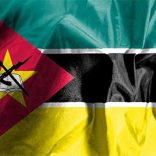

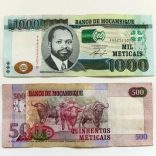
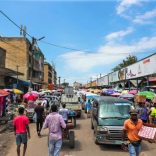
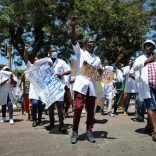




Leave a Reply
Be the First to Comment!
You must be logged in to post a comment.
You must be logged in to post a comment.